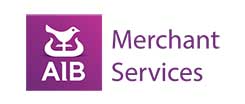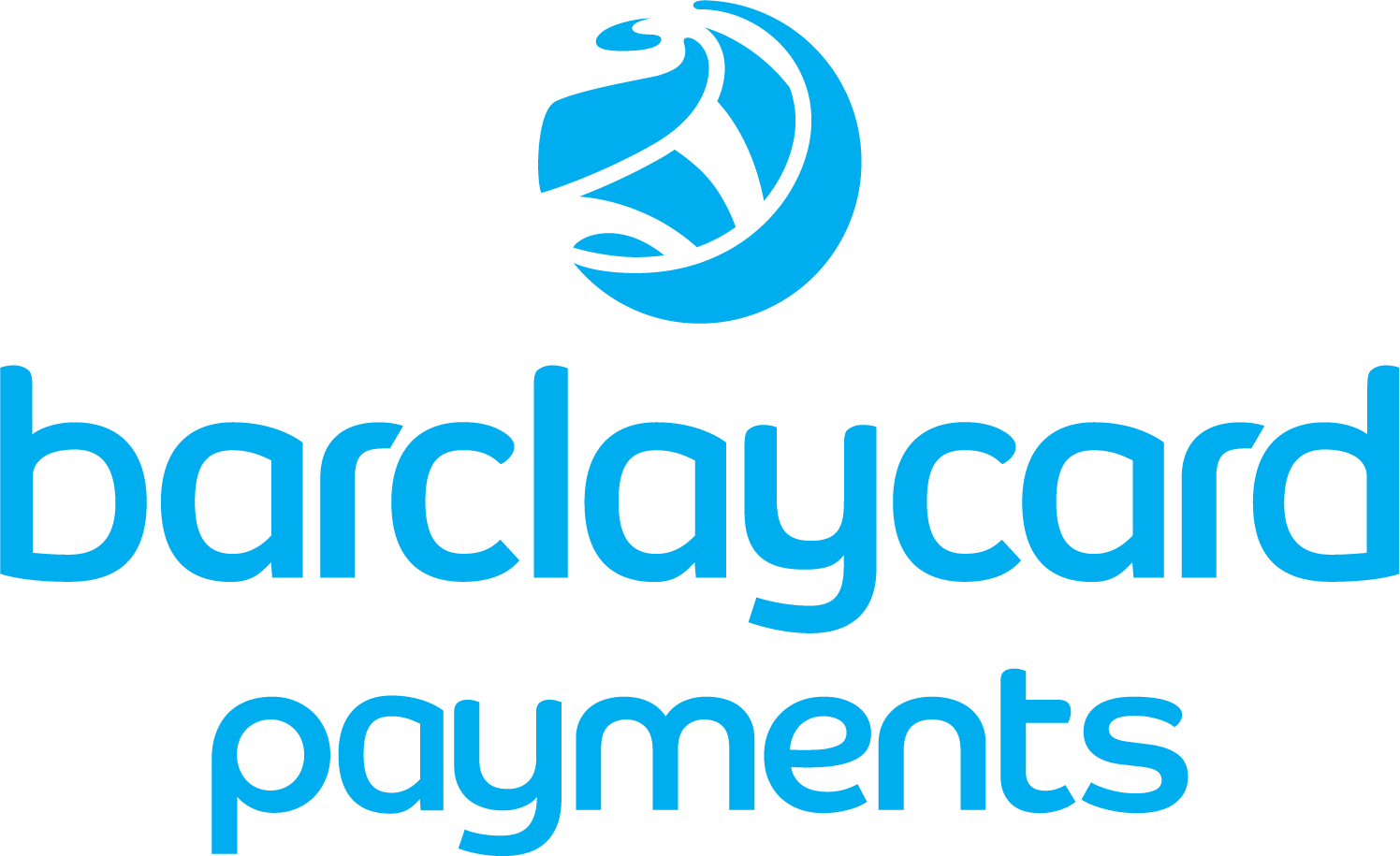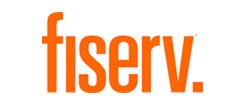Compare Card Payment providers the Easy way
- Direct access to the best rates from the UK leading providers
- One enquiry – all the information you need
- Avoid Lead Generation websites
- We don’t sell your data to anyone
- Rates from 0.26%
- Minimise your card payment processing fees





We're rated Excellent on
Discover the Best Payment Card Options for Your Financial Needs
In today’s fast-paced world, managing your finances efficiently is more important than ever. Whether you’re making everyday purchases, managing your budget, or looking for ways to borrow responsibly, choosing the right payment card can make all the difference. In the UK, payment cards such as credit or debit cards have become an essential tool for individuals and businesses alike. With a wide range of options available, it’s crucial to understand how these cards work, their benefits, and how to select the one that best suits your financial needs.
Understanding the Payment Card: Credit or Debit?
Payment cards come in two primary forms: credit cards and debit cards. While both allow you to make card payments conveniently, they function differently and cater to distinct financial needs.
- Debit Cards: Linked directly to your bank account, a debit card allows you to spend money you already have in your bank accounts. When you make a purchase, the funds are automatically deducted from your account. This makes debit cards an excellent choice for those who want to avoid borrowing and manage their spending within their income. Debit cards are widely accepted across the UK, from local merchants to online retailers, and can also be used to withdraw cash from ATMs.
- Credit Cards: Unlike debit cards, credit cards allow you to borrow money up to a predetermined credit limit. You can use a credit card to make purchases, pay for services, or even transfer balances from other lenders. However, it’s essential to repay the borrowed amount, either in full or through minimum payments, to avoid high interest rates. Credit cards often come with additional perks, such as cashback, rewards, or balance transfer offers, making them a popular choice for those who can manage their repayments responsibly.
What are Payment Cards?
Types of Payment Cards
There are several types of payment cards, each designed to meet different financial needs:
- Debit Cards: These cards are directly linked to your bank account, allowing you to withdraw funds and make purchases using the money you already have. When you use a debit card, the amount is immediately deducted from your account, making it an excellent tool for managing your spending within your means.
- Credit Cards: Credit cards provide access to a line of credit established by the issuer. This allows you to borrow money for purchases, which you can repay over time. Credit cards often come with benefits like rewards, cashback, and balance transfer options, but it’s crucial to manage them responsibly to avoid high interest rates.
- Charge Cards: Unlike credit cards, charge cards require you to pay the full balance shown on your statement by the payment due date. They don’t have a preset spending limit, but failing to pay the balance in full can result in significant penalties.
- Prepaid Cards: These cards are preloaded with a specific amount of money, which can be used for transactions until the balance is depleted. They are not linked to a bank account and are often used as a budgeting tool or for gifting.
- Smart Cards: Equipped with a unique card number and security features like an expiration date, smart cards contain embedded microchips that enhance security. They are used for a variety of transactions and offer an additional layer of protection against fraud.
Key Features to Consider When Choosing a Payment Card
When selecting a payment card, several factors should influence your decision. Here’s a breakdown of the most important features to consider:
- Interest Rates: If you’re considering a credit card, the interest rate (often referred to as the Annual Percentage Rate or APR) is a critical factor. This rate determines the cost of borrowing if you don’t repay your balance in full each month. Look for cards with low APRs if you plan to carry a balance.
- Fees: Payment cards may come with various fees, such as annual fees, balance transfer fees, or foreign transaction fees. Be sure to read the terms and conditions to understand the costs associated with the card.
- Credit Limit: For credit cards, the credit limit is the maximum amount you can borrow. This limit is determined by the issuing bank based on your income, credit status, and other factors. Choose a card with a limit that suits your spending habits and financial goals.
- Rewards and Perks: Many credit cards offer rewards such as cashback, travel points, or discounts at specific merchants. If you frequently use your card for purchases, these perks can add significant value.
- Security Features: Modern payment cards come with advanced security features, such as chip and PIN technology, unique card numbers, and fraud protection. These features help keep your money safe and give you peace of mind when making transactions.
- Eligibility Requirements: Before applying for a card, check the eligibility criteria. Lenders typically consider factors such as your credit score, income, and employment status. Some cards, like those offering balance transfers or high rewards, may have stricter requirements.
- Customer Support: Reliable customer service is essential, especially if you encounter issues with your card. Look for issuers that offer 24/7 assistance, online account management, and easy ways to contact them, such as through a post office or dedicated helpline.
How Payment Cards Can Help You Manage Your Finances
Payment cards offer a range of benefits that can help you manage your money more effectively. Here are some ways they can assist you:
- Budgeting: Debit cards are ideal for sticking to a budget since you can only spend what’s in your account. Many banks also provide tools to track your spending and set limits. Whether you use a credit or debit card, ensuring sufficient funds are available for transactions is crucial for effective budgeting.
- Building Credit: Using a credit card responsibly can help you build or improve your credit status. By making timely payments and keeping your balance low, you can demonstrate your creditworthiness to other lenders.
- Convenience: Payment cards are widely accepted in the UK, both in-store and online. They eliminate the need to carry large amounts of cash and provide a secure way to make transactions.
- Emergency Funds: Credit cards can serve as a financial safety net in emergencies. Whether it’s an unexpected car repair or a medical bill, having access to a credit limit can provide peace of mind.
- Rewards and Savings: Many credit cards offer rewards programs that allow you to earn cashback, points, or discounts on everyday purchases. These perks can help you save money over time.
Choosing the Right Card for Your Needs
With so many options available, selecting the right payment card can feel overwhelming. Here are some tips to help you make an informed decision:
- Assess Your Spending Habits: If you primarily use your card for everyday expenses, a debit card or a credit card with no annual fee might be the best choice. If you frequently travel or make large purchases, a rewards credit card could offer more value.
- Consider Your Credit Status: If you have a strong credit score, you’ll likely qualify for cards with better terms, such as lower interest rates and higher credit limits. If your credit is less than perfect, look for cards designed to help you rebuild your credit.
- Compare Offers: Take the time to compare different cards and their features. Look at the interest rates, fees, rewards, and eligibility requirements to find the one that suits your needs.
- Read the Fine Print: Before applying, carefully review the terms and conditions. Pay attention to details such as the expiration date of rewards, minimum payment requirements, and any potential fees.
- Seek Professional Advice: If you’re unsure which card is right for you, consider seeking advice from a financial advisor or using comparison tools available on financial websites.
Tips for Responsible Card Use and Managing Your Credit Limit
While payment cards offer numerous benefits, it’s essential to use them responsibly to avoid financial pitfalls. Here are some tips to help you stay on track:
- Pay Your Balance in Full: Whenever possible, repay your credit card balance in full each month to avoid interest charges.
- Monitor Your Spending: Keep track of your transactions to ensure you stay within your budget. Many banks offer online tools and mobile apps to help you manage your account.
- Avoid Minimum Payments: While making the minimum payment can keep your account in good standing, it can also lead to high interest costs over time. Aim to pay more than the minimum whenever possible.
- Protect Your Card: Keep your card number, PIN, and other details secure. Report any lost or stolen cards to your issuer immediately.
- Check Your Statements: Regularly review your statements to ensure all transactions are accurate. This can also help you identify any unauthorized charges.
Payment Card Security
Security is a paramount concern in the payment card industry, and various measures are in place to protect users from fraud and unauthorized transactions:
- Unique Card Numbers: Each payment card is assigned a unique card number that is linked to the user’s account. This number is essential for processing transactions and verifying the cardholder’s identity.
- Expiration Dates: Payment cards come with expiration dates, ensuring that the card is valid only for a specific period. This helps in reducing the risk of fraud and prompts users to update their cards periodically.
- Security Codes: Many payment cards feature security codes, such as CVV (Card Verification Value) or CVC (Card Verification Code), which are used to verify the cardholder’s identity during transactions, especially online.
- Chip Technology: Modern payment cards often include embedded microchips that provide an additional layer of security. Chip technology makes it more difficult for fraudsters to clone cards and helps protect against unauthorized transactions.
- PINs: Personal Identification Numbers (PINs) are required for authorizing certain transactions, adding another layer of security. Users must enter their PIN to complete purchases or withdraw cash, ensuring that only the cardholder can use the card.
By incorporating these advanced security features, payment card issuers help safeguard users’ accounts and provide a secure, convenient payment experience.
The Future of Payment Cards in the UK
The payment card industry is continually evolving, with new technologies and features designed to enhance convenience and security. For example, contactless payments have become increasingly popular in the UK, allowing customers to make quick and secure transactions without entering a PIN. Additionally, digital wallets and mobile payment apps are gaining traction, offering even more ways to manage your money.
As the industry advances, it’s essential to stay informed about new developments and how they might affect your financial habits. Whether it’s the introduction of new security measures or changes in processing fees, being aware of these trends can help you make better decisions about your payment cards.
Choosing the right payment card is a crucial step in managing your finances effectively. Whether you opt for a debit card to keep your spending in check or a credit card to take advantage of rewards and borrowing options, understanding the features and benefits of each type of card is key. By considering factors such as interest rates, fees, and eligibility, you can find a card that suits your financial needs and helps you achieve your goals.
Remember, responsible use of payment cards is essential to avoid debt and maintain a healthy financial status. With the right card and a solid understanding of how to use it, you can enjoy the convenience, security, and benefits that payment cards offer. So, take the time to explore your options, compare offers, and make an informed decision that will help you manage your money with confidence.
